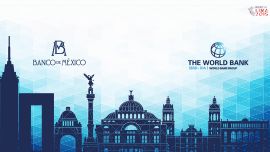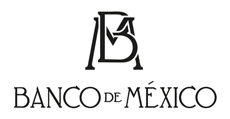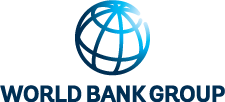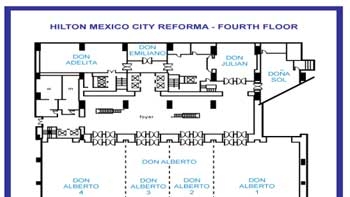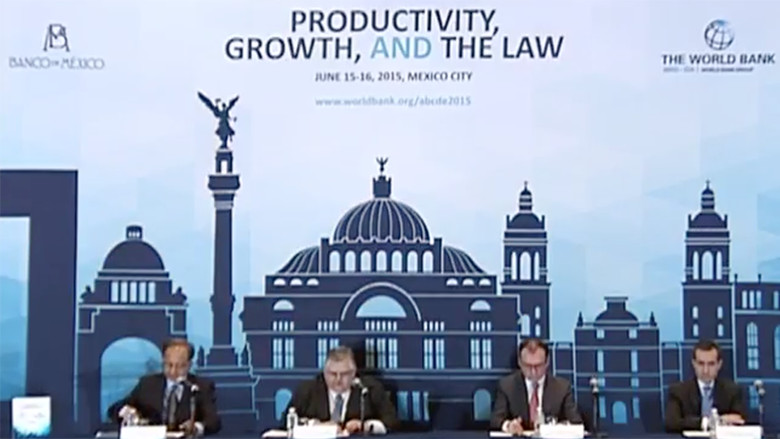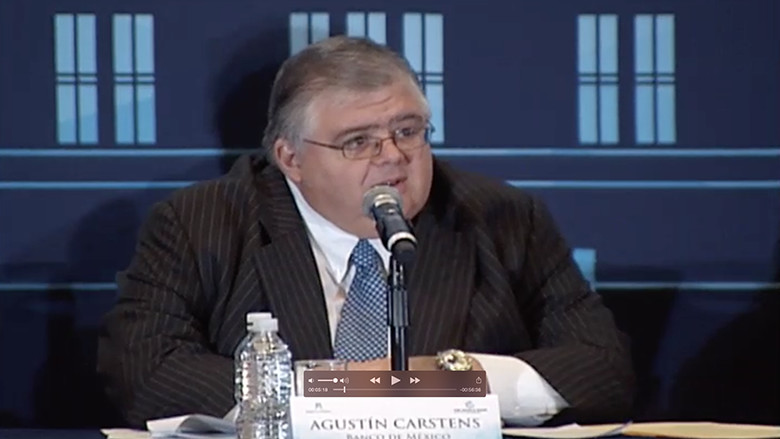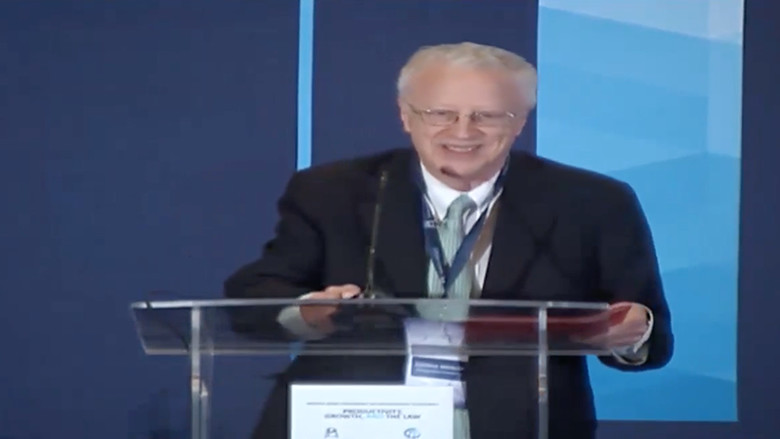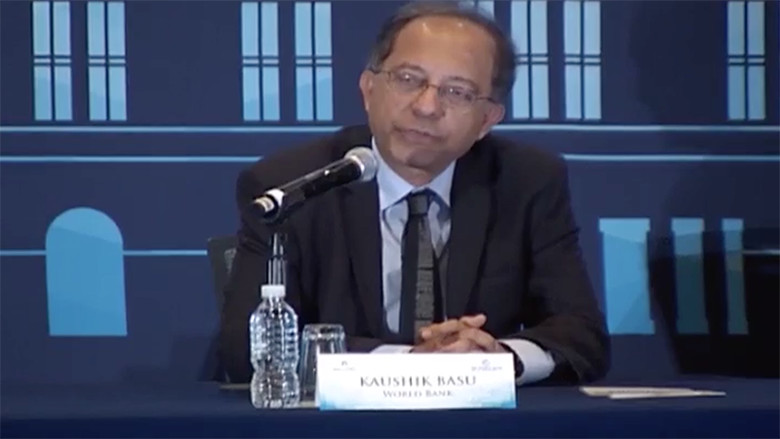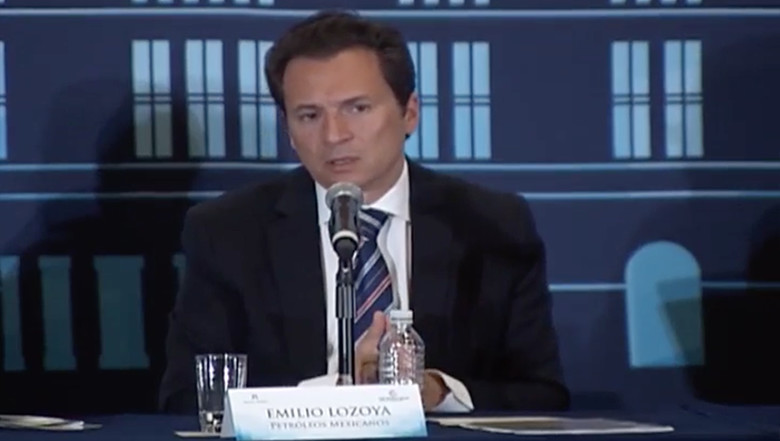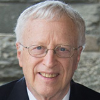|
Session 3A: Law and the Delivery of Justice | Salón Don Alberto 1
Chair: Luis Felipe López-Calva (World Bank)
“Reforming the Speed of Justice: Evidence from an Event Study in Senegal”
Florence Kondylis (World Bank) and Mattea Stein (Paris School of Economics, France)
Download: Paper | Presentation
“Enlisting Employees in Improving Payroll-Tax Compliance: Evidence from Mexico”
Todd Kumler (Cornerstone Research, United States), Eric Verhoogen (Columbia University, United States), and Judith Frías (Instituto Mexicano del Seguro Social (IMSS), Mexico)
Download: Paper | Presentation
“Law and Finance Matter: Lessons from Externally Imposed Courts”
James R. Brown (Iowa State University, United States), J. Anthony Cookson (University of Colorado, Boulder, United States) and Rawley Z. Heimer (Federal Reserve Bank of Cleveland, United States)
Download: Paper | Presentation
Discussant: Joyce Sadka (Instituto Tecnológico Autónomo de México, Mexico)
Session 3B: Infrastructure, Competition, and Growth | Salón Doña Sol
Chair: Fernando Pérez (Banco de México)
“Subways and Urban Growth: Evidence from Earth”
Marco González Navarro (University of Toronto, Canada) and Matthew A. Turner (Brown University, United States)
Download: Paper
“Highway to Success in India: The Impact of the Golden Quadrilateral Project for the Location and Performance of Manufacturing”
Ejaz Ghani (World Bank), Arti Grover Goswami (World Bank),and William R. Kerr (Harvard University, United States)
Download: Paper | Presentation
“The Complementarity between ICT Use and Competition in Mexico”
Leonardo Iacovone (World Bank), Mariana Pereira-Lopez (Universidad Iberoamericana, Mexico), and Marc Schiffbauer (World Bank)
Download: Paper | Presentation
Discussant: Remi Jedwab (George Washington University, United States)
Session 3C: Health, Education, and Child Labor | Salón Don Julián
Chair: Laura Juárez (Banco de México)
“The Effect of Publicly Provided Health Insurance on Education Outcomes in Mexico”
Carlo Alcaraz, Daniel Chiquiar, María José Orraca, and Alejandrina Salcedo (Banco de México)
Download: Paper | Presentation
“Long-Term Effects of Child Labour Bans on Adult Outcomes: Evidence from Brazil”
Caio Piza (World Bank) and André Portela Souza (Escola de Economia de São Paulo, Brazil)
Download: Paper | Presentation
“Perverse Consequences of Well-Intentioned Regulation: Evidence from India’s Child Labor Ban”
Prashant Bharadwaj (University of California, San Diego, United States), Leah K. Lakdawala (Michigan State University, United States), and Nicholas Li (University of Toronto, Canada)
Download: Paper | Presentation
Discussant: Susan Parker (Centro de Investigación y Docencia Económicas, Mexico) |
